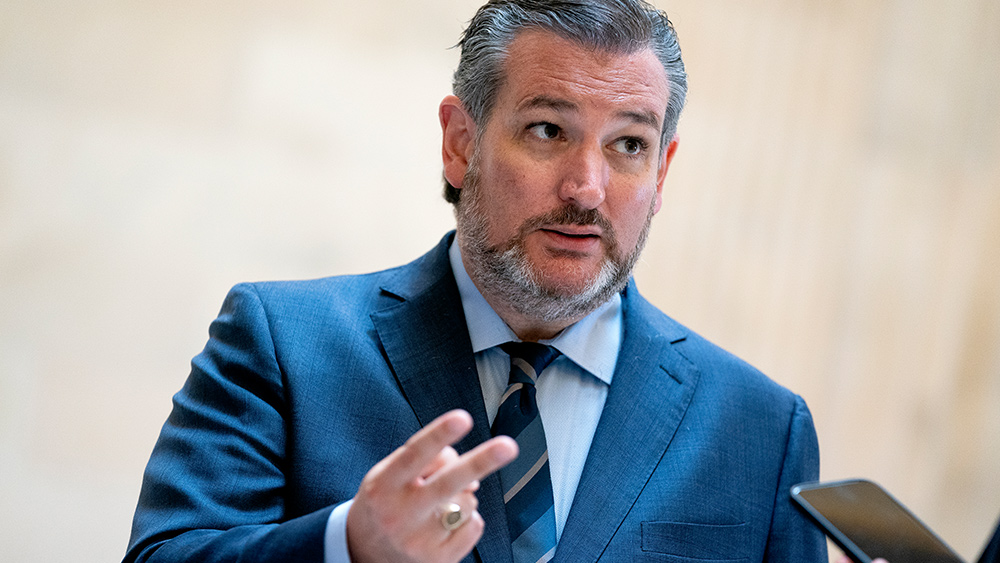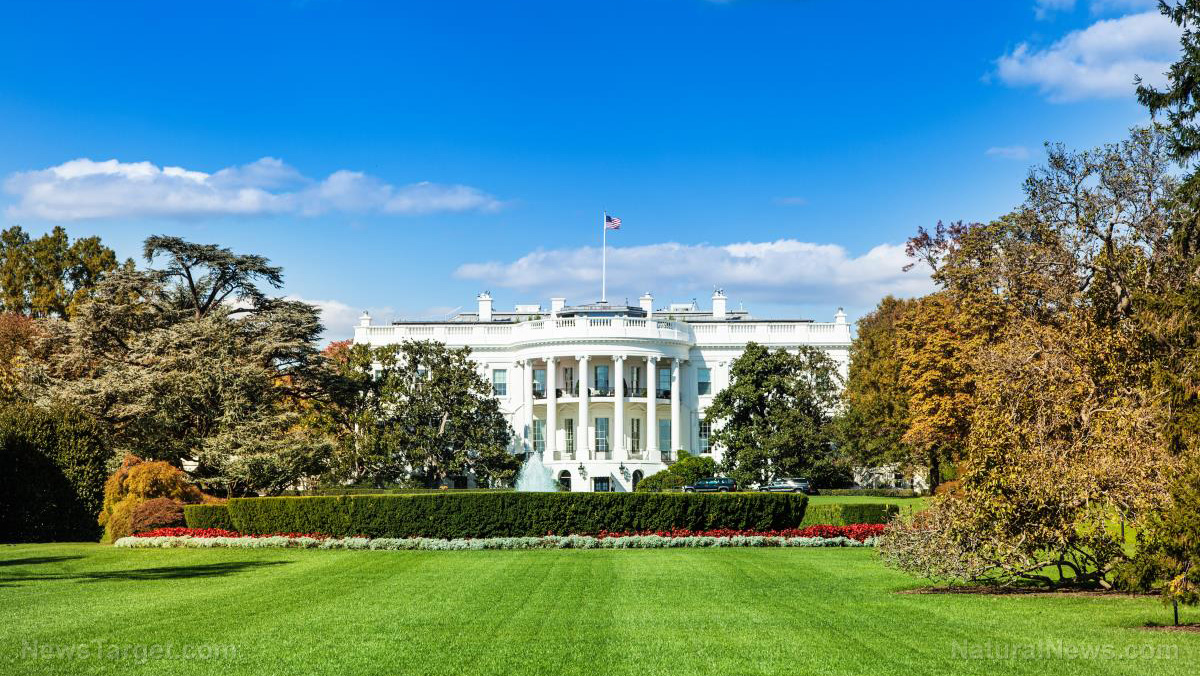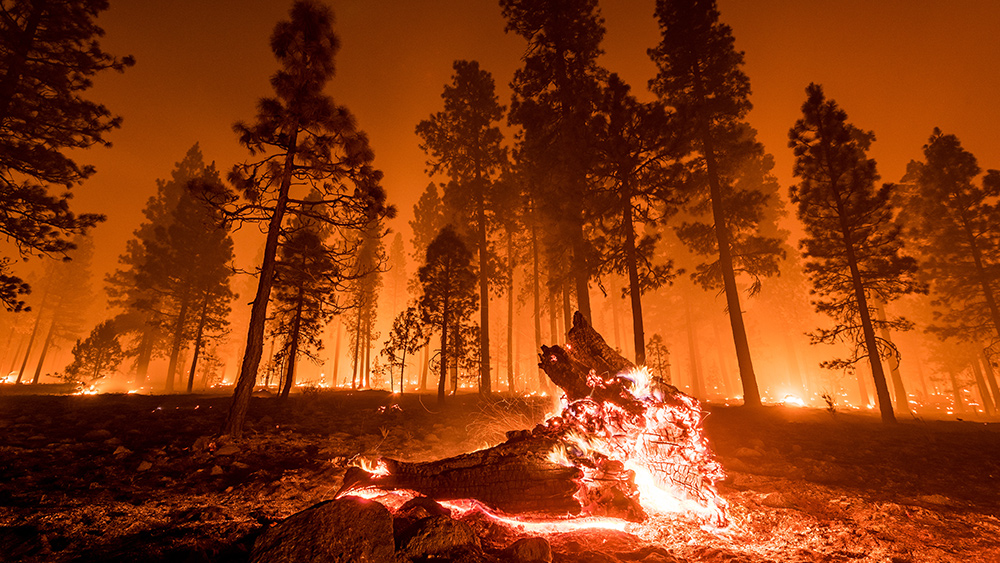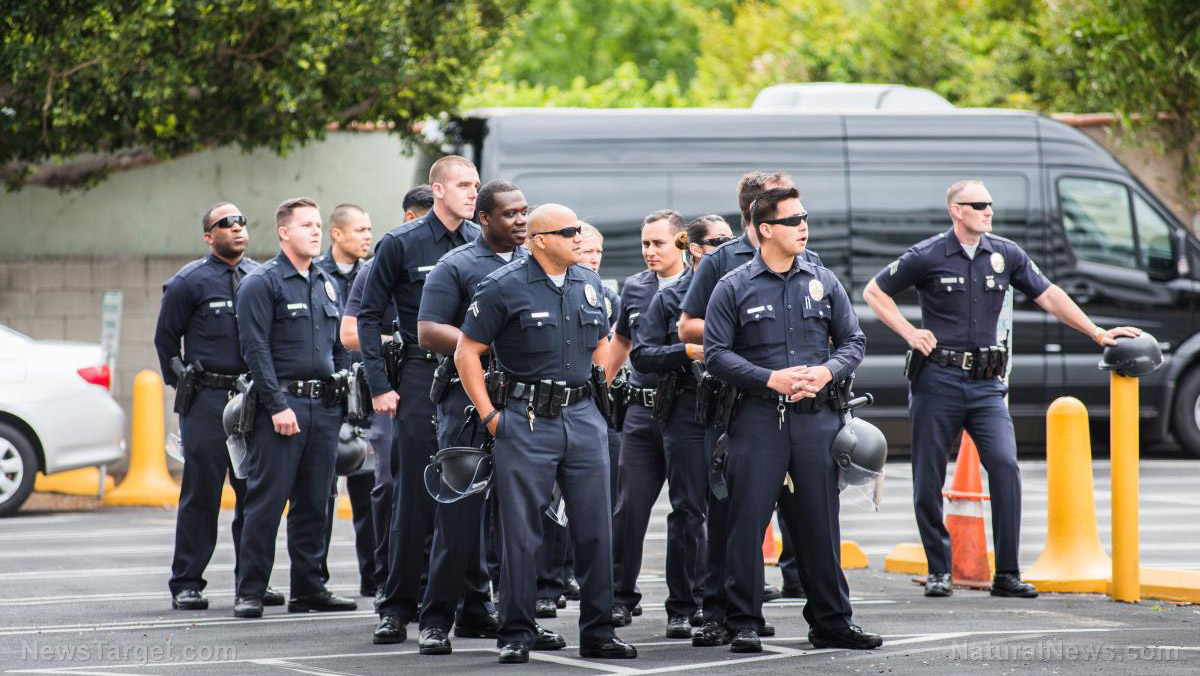UN launching cyber ARMY to aggressively push Agenda 2030 while suppressing everything they label “disinformation”
09/04/2023 / By Ethan Huff

The United Nations Peacekeeping division has launched a program to recruit a “digital army” of young people whose job it will be to detect “false information” online and replace it with “real facts.”
Known as Kinshasa, the program was designed to appeal to people like Blessing Kasasi, a 15-year-old “women’s and children’s rights activist” who was trained in Kinshasa alongside 30 other young people from a relay club who gathered back in June to learn about how to censor content.
“The objective was to build their capacities in the fight against disinformation, which is taking on worrying proportions on social networks,” the UN says about the program.
At the training, young people like Himlish Nketani Nsiala, a law student at the Catholic University of Congo (Université Catholique du Congo), were brainwashed into the art of presenting the “news” the way the UN wants it to be presented.
“There is no point in taking an image broadcast for just purposes, diverting it from its context and manipulating it in order to harm,” Nsiala is quoted as saying about the “fact checking” operation and what it aims to do.
(Related: While the world is distracted with endless bickering about “lab leaks,” the World Health Organization [WHO] is gearing up to become a global health dictatorship.)
UN “fact checkers” being taught how to better brand and market “attractive video content to fight disinformation on the Web”
Another module developed specifically by Giscard Mido, one of the two trainers in the Digital Marketing segment of the UN program, aims to teach children how to create propaganda videos promoting their “fact checking” efforts.
“How to create attractive video content to fight disinformation on the Web?” is the theme of Mido’s module, which further discusses how the telephone can be used to help reverse the trend of “fake news,” which the UN says “abounds on the web.”
“To this end, the participants were provided with the mechanisms for collecting, processing and disseminating verified news, in particular on the importance of cross-checking information and verifying them at the source,” the UN announced.
MONUSCO, which is the name of the “fact checking” work being done by the UN Mission in the DRC (Democratic Republic of Congo), will provide child attendees with the “essential tools” they need to create video and other content, including by equipping their smartphones with editing software.
The Congolese population is the main target of MONUSCO’s efforts to fight the spread of “disinformation,” which the UN says “has already caused several damages, with their harmful consequences within the communities.”
By equipping young people with not just video editing but also video shooting and photojournalism skills, the UN through MONUSCO believes it will make great strides towards sanitizing the internet of all information that the UN and its backers deem to be “false.”
“These practices are used as a weapon of war to undermine MONUSCO’s peace efforts in the DRC,” said Prof. Guillaume Kingh-Farel, the other trainer involved with the program, who is focusing on how to take on social media networks.
Using special “fake news” detection techniques, the trainees involved with the program will be able to not only provide defense against fake news, but also offense against its viral spread online.
There are also efforts in play to push “truthful” information on social media networks by “simultaneously spreading objective and credible information” at the very same time that “fake news” starts to go viral.
“The relay club is a structure made up of young volunteer students who have understood the need to counter the virality of false information by disseminating good and true information to a wider audience,” the UN says.
Will the world even be recognizable in the year 2030? Learn more at Collapse.news.
Sources for this article include:
Submit a correction >>
Tagged Under:
Agenda 2030, bias, Censorship, Collapse, Crybullies, cyber army, disinformation, Globalism, intolerance, left cult, lies, media fact watch, propaganda, speech police, thought police, truth, UN, United Nations
This article may contain statements that reflect the opinion of the author
RECENT NEWS & ARTICLES
COPYRIGHT © 2017 POLICE STATE NEWS




















